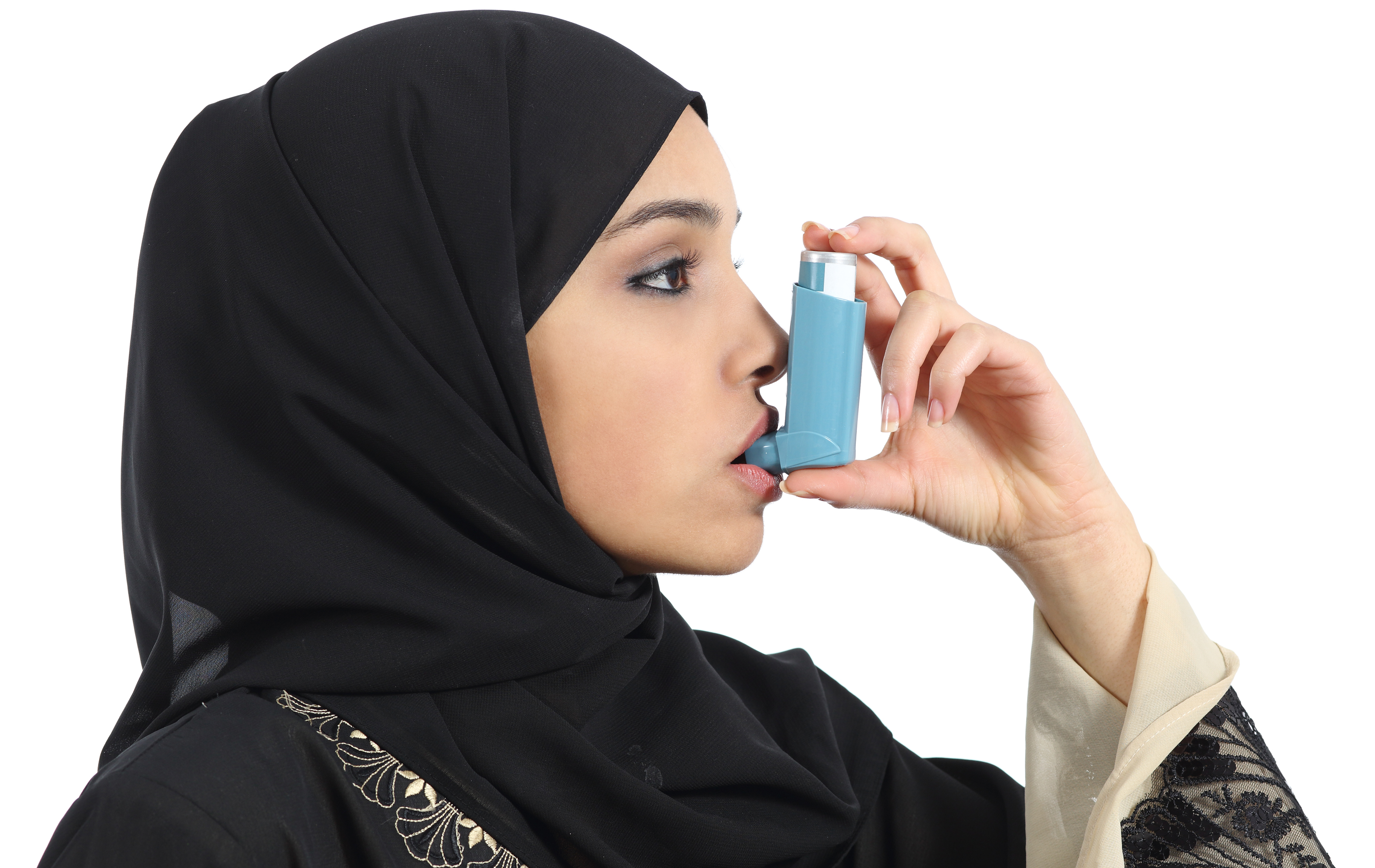
Asthma awareness is crucial when living in the GCC, especially when we live in a climate which has significant environmental triggers such as sandstorms. Several studies conducted in this region with a high rate of sandstorms, confirmed the increased prevalence of asthma. It was also reported that sandstorms frequently cause adverse health effects on the respiratory function and just 15 minutes exposure to smaller-size dust particles have a greater potential of asthma. Asthma requires long term treatment; however can be managed if precaution is taken to reduce the severity of the symptoms. Knowing how to control your asthma during sandstorms, can provide asthmatics with a better quality of life. Here are six health and safety tips to survive the sandstorm season.
1. Stay Indoors
Stay indoors as much as possible during sandstorms and keep windows and doors closed. Reduce exposure to common allergens during the sandstorms that may provoke asthmatic attacks.
2. Check Weather and Pollution Forecasts
It is recommended that asthmatics regularly check daily weather and air quality reports, especially during the sandstorm season. Tuning in to your local weather station can help you plan ahead and manage daily activities.
3. Clean Air-Conditioner Vents
Dust collection in air conditioning vents can be a harmful trigger if not cleaned and checked regularly. Air conditioning units need to be regularly maintained and cleaned every six months to avoid accumulation of dust in ducts and vents.
4. Use an Air Purifier
An air purifier can help reduce indoor pollution and help you breathe better. Although air purifiers are by no means a cure for asthma, they help to remove the allergens and particles which can trigger symptoms by directing air through a filter.
5. Consider Wearing a Face Mask
Consider wearing a medical face mask or use a wet towel during sandstorms to prevent inhaling the dust particles. Do not forget to regularly change face masks.
6. Stay Hydrated
Fluids are important during sandstorms. Remember to keep hydrated or even spray water on face and eyes if you come in direct contact with dust.
—Courtesy of Mohamed Samir, Regional Medical Director, Mundipharma, Middle East & Africa Region